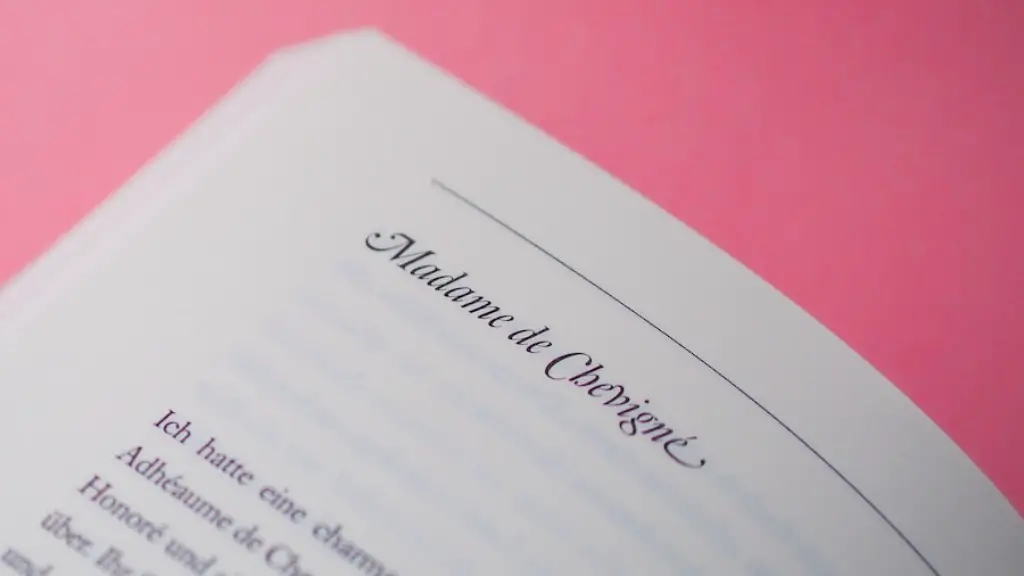Robert Frost is often considered one of the best poets of all time. His works have been published and analyzed by countless generations of readers, and for good reason; Frost had a unique ability to translate his complex web of influences into works that impact us deeply. Here, we will explore some of the major influences on Frost’s work.
Nature
Frost was highly inspired by nature, a trait he shared with other American Romantic poets. He was very aware of the changing seasons, particularly the harshness of winter, and he wrote about it. In poems such as “Stopping by Woods on a Snowy Evening,” Frost captures the icy novelty of a winter night, while also conveying a deep loneliness. Nature was also closely connected to Frost’s religious beliefs, and he often wrote about his reverence for the natural world.
Friendships
Like many great poets, Frost counted some of the most influential minds of his time among his close acquaintances. He formed close relationships with the poet and translator Edward Thomas, the journalist and critic F.S. Flint, and even members of the Bloomsbury Group, philosophers and thinkers who found success in the early twentieth century. Frost was able to benefit from their advice and perspectives, allowing him to consider his poetry from a variety of angles.
Love of Words
Frost believed that words had power and value, and he often filled his poetry with wordplay and symbolism. His use of sound and rhythm was marked by a unique kind of precision, one aimed at creating a powerful emotion in the reader. For example, in his poem “The Road Not Taken,” Frost uses a variety of words to convey the speaker’s sense of hesitation, which ultimately leads to a moment of understanding.
Conflict and Religion
Frost’s work often contains elements of conflict between moral and spiritual values. It isn’t uncommon for him to write about characters who are torn between two paths, either literally or figuratively. Some poems, such as “Mending Wall” and “Acquainted with the Night,” explore the tension between man and the spiritual forces around him. For Frost, the spiritual depth of life was something to be explored and appreciated.
Endurance of Life
Frost’s life was full of pain and hardship, from the death of his father to the eventual death of his beloved friend, Thomas. Yet Frost was able to endure and maintain a sense of positivity. His poems often demonstrate his appreciation for the small moments in life, or his refusal to be discouraged by tragedy. Frost was also able to draw his strength from God and his faith in a higher purpose.
Practicality and Innocence
Frost’s poetry often contains elements of both innocence and practicality. His poem “Birches,” for example, blends the idea of childhood innocence with the practicality of an adult. He often emphasizes the importance of being able to cope with life through a combination of these two elements. His poetry can be seen as a reminder of the importance of a balanced life.
Political and Social Issues
Frost’s poetry is not just about nature, relationships, or spirituality; it also deals heavily with social and political issues. It is not uncommon for Frost to comment on current events or themes of modern life, such as the divisions of the civil rights movement or the struggles of those living in poverty. Frost’s ability to merge these topics into his poetry gives it a timeless, relatable quality.
American Transcendentalism
Like many of his contemporaries, Frost was heavily influenced by the philosophy of American Transcendentalism. He was a staunch believer in the power of the individual and he often wrote about the beauty that could be found when one connected to the natural, spiritual forces of the world. This idea is evident in Frost’s poems such as “The Wood-Pile” where he portrays a protagonist surrounded by nature who has the power to accept and appreciate it.
Influence of Walt Whitman
No discussion of Frost’s influences would be complete without mentioning Walt Whitman. As a fellow poet, Whitman had a deep influence on Frost’s work. Frost adopted Whitman’s free-verse form of poetry, in addition to his exploration of the nuances of modern life. His works often embody what has been called the Frostian Paradox, the idea that one can find beauty in the harsh realities of life. Again, this sentiment can be found again and again in Whitman’s poetry.
Symbolism and Simile
Frost was a master of symbolism and simile, which often served as a vehicle for his explorations of the human condition. His metaphors and symbols capture a range of emotions, from joy to despair. Frost was often able to capture the beauty and mystery of life in a few simple words, allowing readers to draw their own conclusions from his work.


